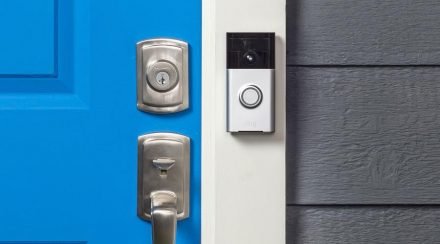Online privacy protection act for children also known as COPPA is a US federal law and it is meant to protect the online privacy of children under the age of 13. This law gives parents the authority to decide whether a website can keep your child’s personal information or not. But a lot of parents are still not sure what this law means for them and their children.
COPPA is put in place to protect the personal data of children when they are using the internet. This law doesn’t just hold websites and platforms accountable but it also gives parents control over what a website can and can’t do with their children’s information.
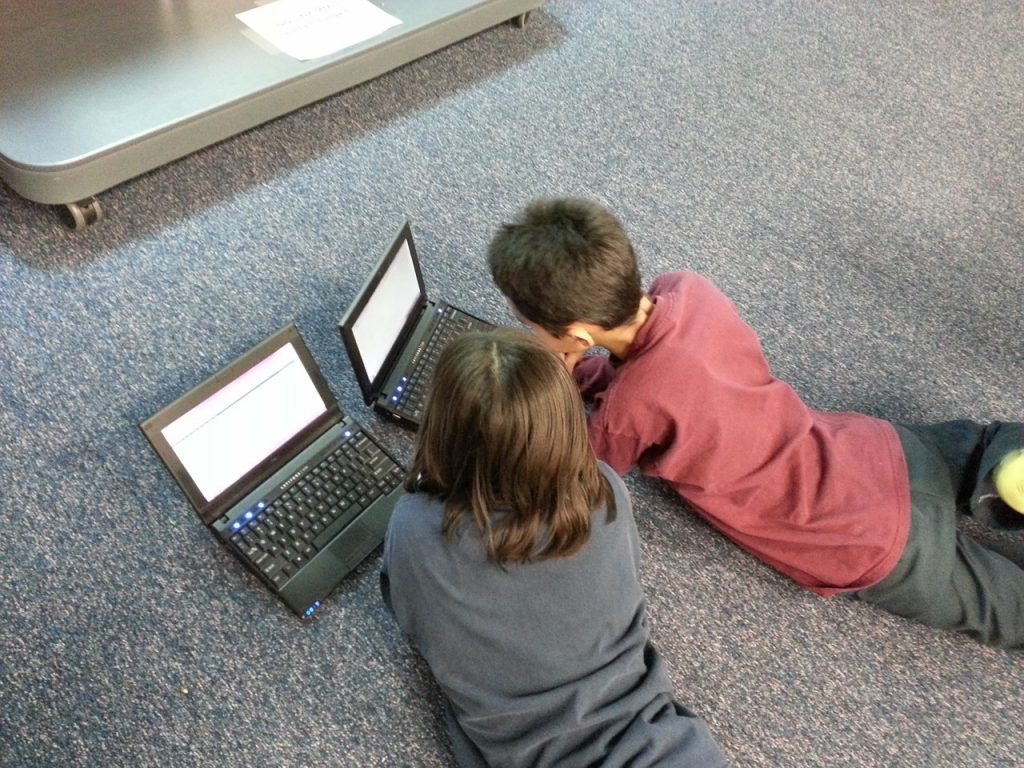
Just like any other law, there are a few complications in this law which make it difficult to understand. But in this article, we are going to try to explain what COPPA is and what it means for parents and their children.
Contents
- COPPA is meant to give parents peace of mind
- Are all websites safe for children due to COPPA?
- COPPA also holds foreign platforms accountable
- You will get informed before your child’s data is collected
- You can get your child’s information removed
- COPPA allows children to safely explore new opportunities
- There are some loopholes in COPPA
- Additional tips for protecting your child’s online privacy
- Conclusion
COPPA is meant to give parents peace of mind
The Internet is filled with websites and applications that can collect and store your child’s personal information. This data can be misused if it gets into the wrong hands and can put your child’s safety at risk. And on top of that online platforms can sometimes collect information from kids that are under 13 years of age without consent because a minor is legally not able to give consent or give permission to these companies to collect their data. That is where COPPA steps in and this US Federal law is specifically designed to ensure the privacy of children while they are online. Now, most parents think that COPPA has been put in place to control the type of content that is being displayed on a certain website or application. But in reality, this law focuses on data privacy rather than content so parents still need to monitor what their child is being exposed to online.
What COPPA does is that it safeguards the privacy of children rather than regulating the content that is being displayed on a platform. Thanks to this law companies can only hold the data of children in the US according to a set of guidelines explained in COPPA and if they don’t follow these guidelines then the company can receive penalties. So basically what this law does is that it puts parents in control of whether they want to allow a company or online platform to collect their children’s information or not. Companies also have to get permission from their parents before processing or disclosing the information collected from their children.
Are all websites safe for children due to COPPA?
This question can be tricky to answer considering your kids might end up on a number of websites and applications when using the internet. And as a parent, it is beneficial to know what platforms are required to be COPPA compliant and which ones aren’t to ensure the safety of your children’s personal information. Understandably, children are more likely to provide their information to companies that offer content that appeals to children. So if your child is using a website or a platform that is actively targeting users that are under the age of 13 then such platforms and websites are legally bound to ask for consent from the child’s parent before collecting their child’s information. But even if a website doesn’t necessarily have content that is targeted specifically towards kids under the age of 13 but it directly or indirectly collects information regarding your child then such websites are also legally bound to ask for consent before collecting your child’s information.
A good example of an online service that is directed towards adults but might be collecting data regarding children is YouTube. YouTube contains channels that are owned by individual content creators and companies. While the majority of the content that is posted on YouTube channels is targeted towards adult audience there are YouTube channels that upload animated videos and songs that are meant to attract children under the age of 13. This automatically makes it compulsory for YouTube to comply with COPPA law since it is knowingly collecting information from children. In fact, there has been a serious lawsuit against YouTube in the past because YouTube was found to be guilty of collecting information about children through channels with children related content. On the other hand, some non-profit organizations might be exempted from COPPA depending upon whether they meet the criteria for exemption stated by the law.
COPPA also holds foreign platforms accountable
Since COPPA protects the privacy of all the children that are US citizens it also applies to companies and websites that are operating from outside of the USA. If a foreign platform is actively collecting and processing the information regarding a child who is a US citizen then it is compulsory for such a platform to ask for consent from the child’s parent or guardian before doing so. There are a few examples of foreign companies that were issues warnings because they were found to be in violation of COPPA.
One example is a Chinese application called BabyBus which contains animated videos and other similar content that is targeted towards children. This website received a violation warning because the company was collecting information regarding the location of children that used the app in the USA.
You will get informed before your child’s data is collected
Websites and online platforms that comply with COPPA are obliged to send a direct notification to the parent of the child asking for clear permission to collect their child’s data. Now at the surface, this looks like a lot of work on the company’s part. But with the help of an automated system, companies can send an email to the parent which is provided to them by the child. We are going to uses an example to help parents in properly understanding how they can expect to be informed in case a website wants to collect information from your child. Let’s suppose your child is trying to access a website that contains free playable games. This website is directly targeting children because it contains content meant to appeal to children under 13 years of age. Which means this website is bound under COPPA to ask for verifiable consent from the child’s parent before collecting information from a child.
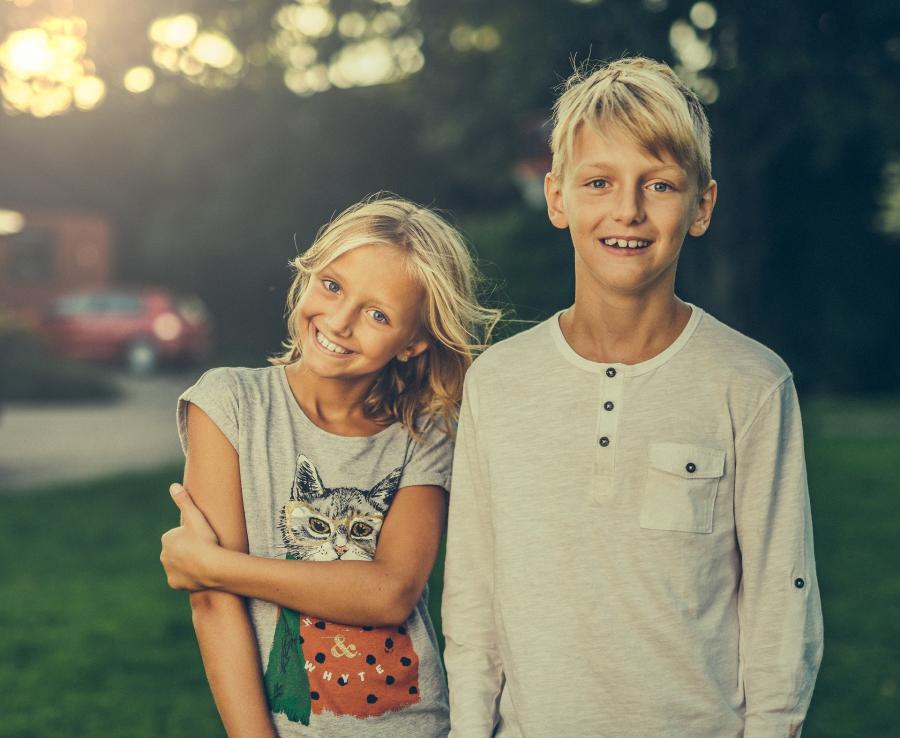
So as soon the child tries to enter any information into a form on the website to make an account on the website a form will appear asking the child for parent’s contact information usually an email address. Now once your child has entered the required information into the form the website will send an email to you with a form that you need to fill out in order to provide consent to the website for collecting your child’s information. The consent form that you are going to receive will require you to enter some information that allows the website to verify that you are the parent of the child and you are willingly providing consent to let the website collect your child’s information. Of course, by now your child might have told you about the website they want to sign up for and the reason they want to use the website.
Now if you think that your child shouldn’t sign up and provide information to the website for some reason you can simply choose to ignore the consent form sent you by the website. This will directly mean that you are not providing consent to the website and the gaming website will not be able to collect any information about your child. And under COPPA law the website is also obliged to delete your information such as the email address and name that your child provided to the website within a specific timeframe. But if you fill out the form and send it to the website using the medium provided in the consent form your website will be able to create an account on the gaming website once you are sure that your child’s information is safe in the possession of the website.
You can get your child’s information removed
COPPA doesn’t just prevent companies and platforms from collecting your child’s data without consent you can also get the information they hold about your child removed at anytime you want to. In order to explain how you can do that let us reuse the example of the hypothetical gaming website that we used in the previous section. Let’s suppose that after you had provided you the consent to the gaming website to collect your child’s data you realize that the website has changed their policies for handling data and you want to withdraw your consent. COPPA law makes it mandatory for the websites to clearly mention in the consent form that the parent can always get the data of their child removed in case they no longer consent to their child’s data being held. So if you had signed the consent form you as the parent holds the power to contact the website directly and ask them to remove your child’s information from their database.
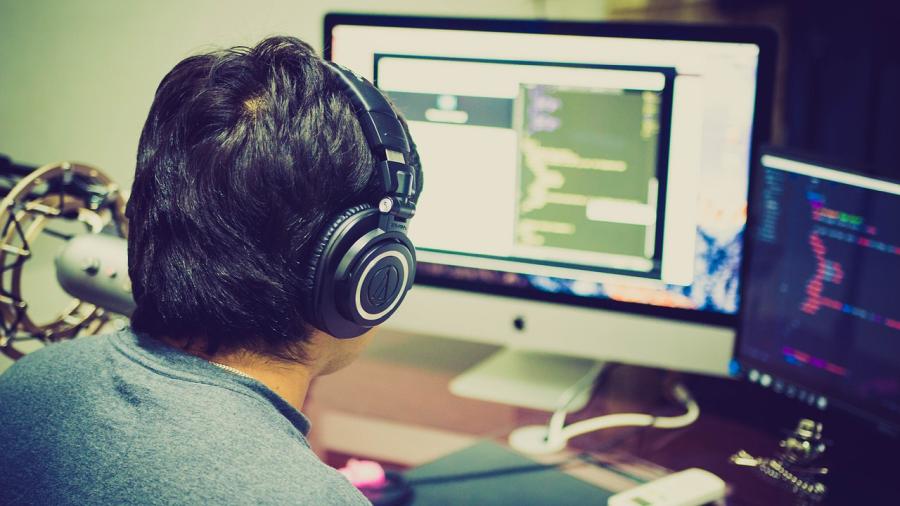
Not only does this law gives parents the authority to make sure their child’s data doesn’t fall in the wrong hands but this law also pushes the websites and platform to put in better security measures to protect the data they hold about children.
COPPA allows children to safely explore new opportunities
As a parent, there is nothing more satisfying than watching your child learn and grow smarter. And there are tons of websites and online resources that your child can use to learn and access useful information. Most such platforms require children to sign up in order to avail of these resources even if they are free to use. A parent who is worried about their child’s online privacy would want to prevent their child from using the internet altogether. But thanks to COPPA parents can allow their kids to utilize these free learning resources available online without worrying about their kid’s information being misused. This reduces some of the burdens of parenting as there is a little less stress for the parent as the responsibility for the protection of a child’s personal data is also put on the websites and platforms that hold the information. Just like we don’t stop sending children to school because of the dangers that lurk in the real world we don’t have to strip out children from the opportunities the internet provides. And just like we put safeguards and preventions in place to protect our children in the real world we can utilize the power COPPA provides to us as parents to protect our child’s online privacy.
Gaming platforms and social media were the prime concern of parents because they ask for a lot of sensitive personal information when signing up. So by making parent’s consent mandatory in order to collect a child’s data for signing up you can rest assured that your child is only using and being exposed to content that you approve of.
There are some loopholes in COPPA
While COPPA is great legislation that was made with the best interest of children in mind it still has a few loopholes. Some loopholes of COPPA are as follows:
– COPPA doesn’t cover App stores:
Now while COPPA is applied to mobile applications this law doesn’t directly apply to App stores such as google play store or Apple’s app store. The problem with this loophole is that while the applications that are being downloaded through these stores need to be COPPA compliant the store itself can be accessed by everyone and children don’t need the consent of their parents before using these stores. So there is no real way to make sure that children are using these stores with their parent’s consent. Similarly, if all the app stores are held accountable for making sure that each app that is uploaded to the store is COPPA compliant then the apps that are meant to be used by children would be much safer for children to use.
– Children can cheat the consent process:
COPPA does make sure that websites and other platforms that contain content targeted at kids need to ask consent from parents before collecting information from children. But children might just avoid using these platforms because they can’t wait until the parent provides consent or they simply move on to the next best option that is not COPPA compliant. This problem can be solved with a little help from the parents. Parents can help by getting informed about which platforms are COPPA compliant and which ones aren’t and then they can encourage their kids to use these COPPA compliant platforms by providing consent to allow their children to make an account on these platforms.
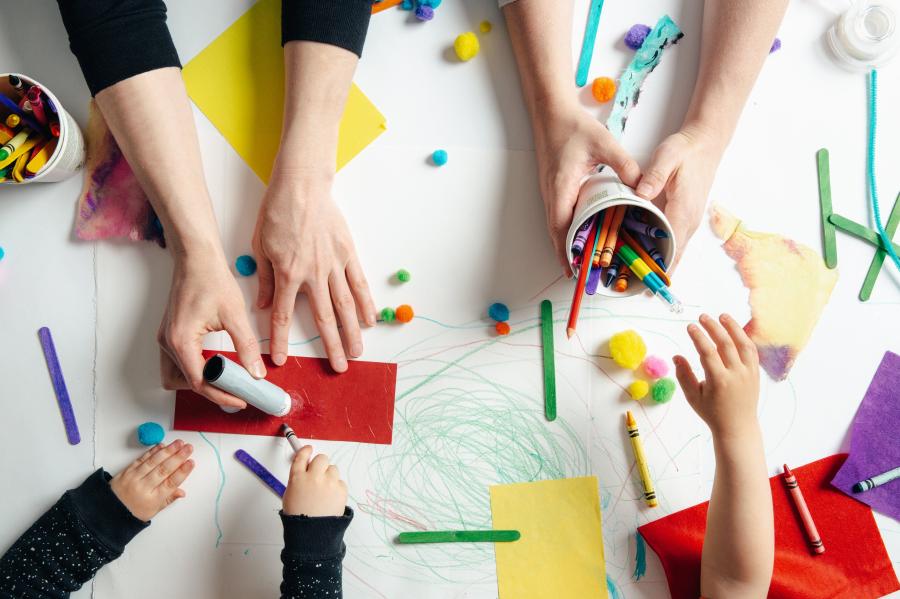
Additional tips for protecting your child’s online privacy
While COPPA strives to make sure your child’s personal information doesn’t fall in the wrong hands it is your job as parents to take additional steps to protect your child’s privacy. Here are some tips to protect your child’s online privacy.
- Encourage your children to use kid-friendly browsers: If your child has a separate device you can install a kid-friendly browser on your child’s device. Or if your child uses your device to access the internet then you can put a password on the regular browser of your device and install a kid-friendly browser for your kid to use. These child-friendly browsers filter out unsafe websites that might illegally collect your child’s information.
- Use parental controls: You can go one step further from dedicating a special browser on your child’s device and use parental controls that are available on all devices. This way you can restrict websites that are not COPPA compliant and only allow your child to access websites that need parental consent before collecting information.
- Educate your kids about technology: Teach your kids the importance of protecting their online privacy and how they can make sure their information doesn’t get into the wrong hands. For example, someone who is trying to steal your child’s data might set up an open Wifi connection that automatically connects to their device and collect information illegally. So teach your kids to only connect to the Wifi connections at home or somewhere they know is safe.
- Familiarize yourself with data protection laws: Just like COPPA there are other laws in place to protect the privacy and data of internet users and by learning about these laws you can find out your rights and also teach your kids how these laws work.
Conclusion
In this day and age, it is impossible to keep your children away from the internet. And if you prevent your children from using the internet you can hinder their learning process as well. But now that you know what COPPA is and what it does for parents and their children you should be able to better protect the online privacy of your children.



